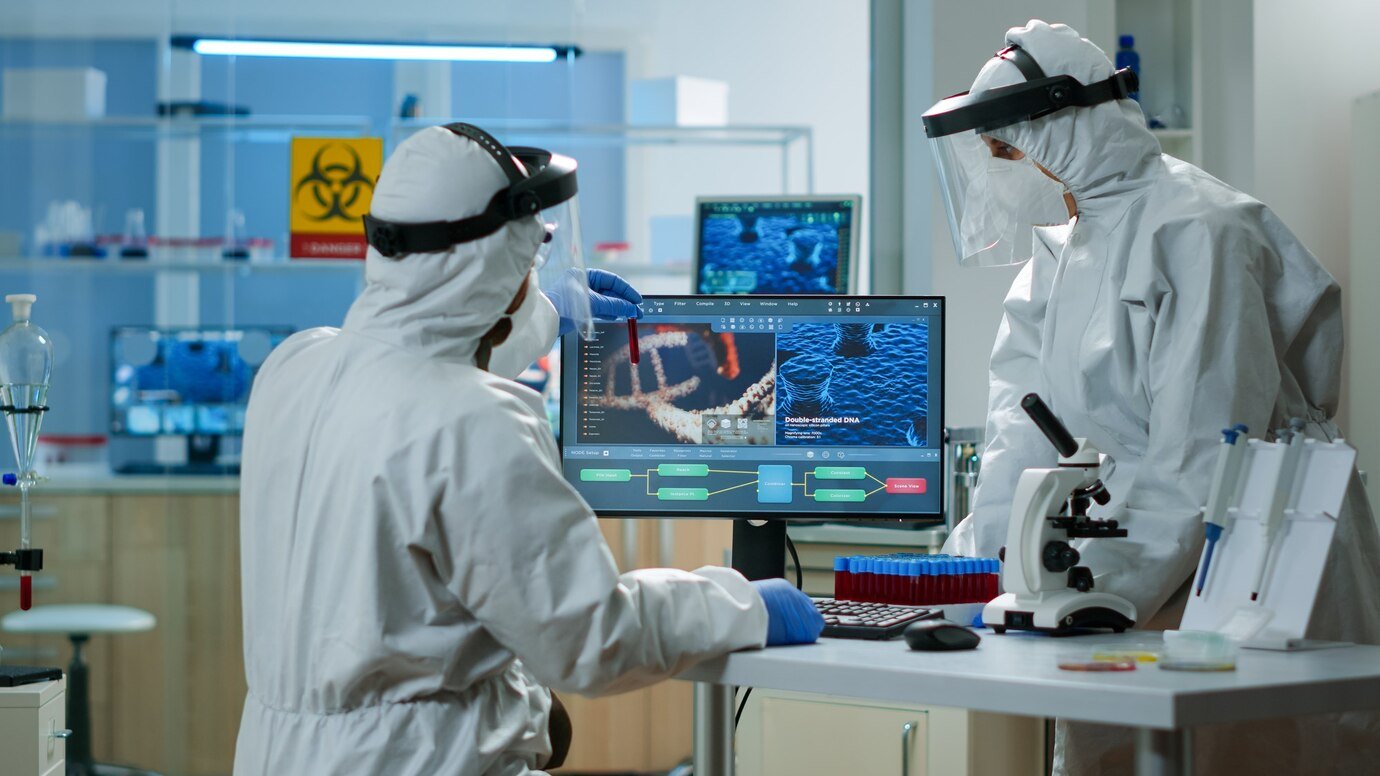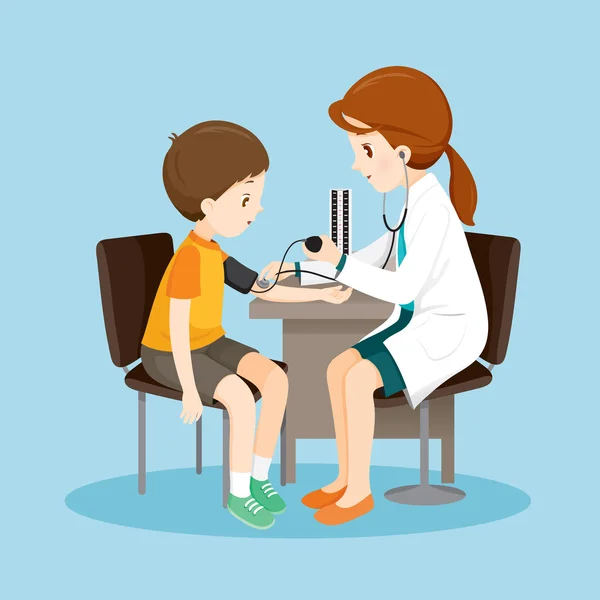The Role of Genetic Testing in Dubai’s Healthcare Landscape: Trends and Developments
Dubai’s healthcare sector has experienced significant advancements in recent years, evolving into a hub of medical innovation and state-of-the-art treatment. One of the most prominent trends contributing to this growth is genetic testing, a powerful tool that is revolutionizing healthcare, from personalized medicine to fertility treatments. IVF clinics and various medical institutions are increasingly incorporating genetic testing into their diagnostic and treatment protocols, providing patients with more accurate, effective, and individualized care. In this article, we will explore the role of genetic testing in Dubai’s healthcare landscape, examining how it is shaping the future of medicine and influencing treatment approaches across various medical disciplines, particularly in reproductive health.
Understanding Genetic Testing
What is Genetic Testing?
Genetic testing is a medical test that examines DNA, the building blocks of life, to identify changes in genes, chromosomes, or proteins. These tests can reveal mutations or abnormalities that may cause diseases or increase the risk of developing certain health conditions. Genetic testing plays a crucial role in diagnosing inherited disorders, identifying carriers of genetic conditions, and informing medical decisions for preventive care and treatments.
With the rapid developments in genetic science, the availability and applications of genetic testing have expanded dramatically. Today, genetic tests can predict susceptibility to a wide array of conditions, from cancer to cardiovascular diseases and, importantly, fertility-related issues.
Types of Genetic Testing
Genetic testing covers a broad range of applications, each serving a different purpose. Some common types of genetic tests include:
- Diagnostic Testing: Used to confirm or rule out a specific genetic disorder in individuals showing symptoms of that condition.
- Carrier Testing: Determines whether an individual carries a gene mutation that could be passed on to offspring.
- Predictive and Pre-symptomatic Testing: Identifies genetic mutations that increase the risk of developing certain diseases, even before symptoms appear.
- Prenatal Testing: Performed during pregnancy to detect abnormalities in a fetus’s genes or chromosomes.
- Newborn Screening: Done at birth to identify genetic disorders that can be treated early in life.
In Dubai, these testing methods are becoming more accessible and integrated into the standard of care, allowing healthcare professionals to offer more precise and personalized treatment plans.
The Impact of Genetic Testing on Reproductive Health
Genetic Testing in IVF Clinics
One area where genetic testing is having a profound impact is in the field of fertility treatments, particularly in IVF clinics. Genetic screening in conjunction with in vitro fertilization (IVF) helps improve success rates and ensure healthier pregnancies. Preimplantation Genetic Testing (PGT) is a procedure that screens embryos for genetic abnormalities before implantation during an IVF cycle. This testing can significantly reduce the likelihood of passing on inherited genetic disorders and increase the chances of a successful pregnancy.
There are two main types of preimplantation genetic testing:
- PGT-A (Preimplantation Genetic Testing for Aneuploidy): This test detects embryos with the wrong number of chromosomes, a common cause of miscarriage and failed IVF cycles.
- PGT-M (Preimplantation Genetic Testing for Monogenic Disorders): This test identifies specific genetic mutations linked to inherited diseases like cystic fibrosis, sickle cell anemia, and muscular dystrophy.
Incorporating genetic testing into IVF treatments helps fertility specialists provide more targeted care, leading to higher success rates and healthier outcomes for both parents and children.
The Benefits of Genetic Testing in Fertility Treatments
- Improved Success Rates: Genetic testing helps ensure that only healthy embryos are implanted during an IVF cycle, increasing the likelihood of a successful pregnancy.
- Reduced Risk of Genetic Disorders: Screening embryos for genetic abnormalities reduces the risk of passing on inherited conditions to the next generation.
- Enhanced Pregnancy Outcomes: Genetic testing reduces the risk of miscarriage, as it identifies and eliminates embryos with chromosomal abnormalities.
- Personalized Fertility Treatment: Genetic testing allows fertility specialists to tailor treatment plans to individual patients based on their genetic profile, improving the chances of conception.
As a growing number of IVF clinics in Dubai embrace genetic testing, patients are empowered with more information, enabling them to make informed decisions about their reproductive health and treatment options.
Genetic Testing in the Broader Context of Preventive Healthcare
Genetic Testing for Disease Risk Assessment
Beyond reproductive health, genetic testing is transforming preventive healthcare by offering individuals insight into their risk of developing certain diseases. This proactive approach allows for early detection and intervention, which can be critical in managing or preventing diseases such as cancer, cardiovascular conditions, and diabetes.
For example, tests that identify mutations in the BRCA1 and BRCA2 genes, which are linked to an increased risk of breast and ovarian cancers, enable patients to take preventive measures. Similarly, genetic tests that assess the risk of developing cardiovascular diseases can lead to earlier lifestyle changes and medical interventions.
In Dubai’s healthcare landscape, this shift towards preventive care through genetic testing is enabling patients to take control of their health by identifying risks early and implementing strategies to mitigate them.
Pharmacogenomics: Personalized Medicine through Genetic Testing
Another emerging trend in Dubai’s healthcare landscape is pharmacogenomics, a field of medicine that uses genetic testing to determine how a patient’s genetic makeup affects their response to certain medications. This enables doctors to prescribe medications and dosages that are tailored to the individual, minimizing the risk of adverse reactions and increasing the effectiveness of treatments.
For instance, certain individuals may metabolize drugs faster or slower than the general population due to genetic variations. Pharmacogenomic testing helps doctors adjust prescriptions accordingly, improving patient outcomes. This personalized approach to medicine is gaining traction in Dubai, especially in fields such as oncology, cardiology, and psychiatry, where the proper dosage and drug selection can be critical to treatment success.
Trends and Developments in Genetic Testing in Dubai
Increased Accessibility and Affordability
One of the key trends in Dubai’s genetic testing landscape is the increased accessibility and affordability of these tests. As genetic testing technologies continue to advance and become more cost-effective, more people in Dubai are opting for these tests as part of their routine healthcare. Medical institutions and IVF clinics are offering a wider range of genetic testing services, making it easier for patients to access this vital information.
The Dubai government and healthcare authorities are also investing in genetic research and testing infrastructure, recognizing the importance of personalized medicine and preventive healthcare in the future of medicine. These efforts are helping to make genetic testing a standard part of healthcare in the UAE.
Rise of Direct-to-Consumer Genetic Testing
Another recent development is the rise of direct-to-consumer (DTC) genetic testing services, which allow individuals to take genetic tests from the comfort of their homes. These tests provide insights into ancestry, health risks, and genetic traits without the need for a doctor’s visit.
While DTC tests can provide valuable information, it’s important to note that they are not a substitute for medical-grade genetic testing. Consulting with a healthcare professional is still essential for interpreting the results and understanding their implications for your health.
Ethical Considerations and Genetic Privacy
As genetic testing becomes more prevalent, it raises important ethical considerations, particularly regarding genetic privacy and the use of genetic information. In Dubai, as in other parts of the world, healthcare institutions are focusing on ensuring that genetic data is kept confidential and used only for medical purposes.
Patients undergoing genetic testing must be informed about the potential implications of their results, not only for their health but also for their families. Genetic counseling is becoming an essential service that accompanies genetic testing, helping patients understand their results and make informed decisions about their healthcare.
The Future of Genetic Testing in Dubai
The future of genetic testing in Dubai’s healthcare landscape looks promising, with ongoing research and development aimed at expanding the capabilities of these tests. As the healthcare system continues to embrace personalized medicine, genetic testing will play an increasingly critical role in diagnosing, treating, and preventing a wide range of conditions.
Advancements in technologies such as next-generation sequencing (NGS) and CRISPR (Clustered Regularly Interspaced Short Palindromic Repeats) are expected to further enhance the accuracy and scope of genetic testing. These developments could lead to more comprehensive tests that provide even deeper insights into an individual’s genetic makeup and health risks.
Moreover, the integration of genetic testing with artificial intelligence (AI) and big data analytics holds the potential to revolutionize healthcare in Dubai. AI-powered tools could analyze genetic data more efficiently, identifying patterns and trends that may not be visible to the human eye. This, in turn, could lead to more precise and personalized treatment plans.
Conclusion
Genetic testing is undoubtedly shaping the future of healthcare in Dubai, offering unprecedented opportunities for personalized medicine and preventive care. Whether through its use in fertility treatments at IVF clinics or its application in disease risk assessment, genetic testing provides individuals with valuable insights into their health. As accessibility and affordability improve, genetic testing will continue to play a pivotal role in Dubai’s healthcare landscape. With rapid advancements in genetic science, Dubai is positioning itself at the forefront of this medical revolution. As genetic testing becomes more integrated into standard medical practice, patients can expect more targeted, effective treatments and improved health outcomes. Whether you’re considering genetic testing for reproductive health or as part of a preventive healthcare plan, consulting with healthcare professionals will ensure you get the most out of this transformative technology.






